The magic of mushrooms
Healthy and healing
Alchemy is one of the first to produce medicinal mushrooms grown on African hardwood, which has its own curative compounds.
Henriette Lamprecht – It was the Covid-19 pandemic and its resulting lockdown that availed the time to research and practice her secret fascination – mushroom cultivation. A friend brought her some mycelium cultures from Belgium, she converted her garage into a small cultivation room and, before she knew it, the mushrooms had taken over the house! Mycology became an obsession - and chef and mushroom fundi Jennifer du Toit never looked back.
Cultivating mushrooms is quite complex and requires a lot of patience and special machinery if you want to do it at scale, explains Jennifer. The process includes six steps; culture, grain, substrate, growth, harvest, and extraction/processing.
“Culture is the mushroom ‘seed’, which we keep in a gene library. We always keep these genes fresh and strong by growing them out on agar petri dishes or in test tubes in our laboratory, always growing the strongest parts out over and over again. It is important that the mushroom genes remain strong and fresh otherwise they become tired.”
Grain is the step where the genes/cultures are added to sterilized sorghum or millet (“mahangu”), which Jennifer and her team get from production assistant Martha Uutemo’s family farm in northern Namibia. This gives the culture high-nutrient and easily digestible food to establish its network, called mycelium.
“This stage can be compared to giving babies baby formula to start training their digestive system for proper or solid food.”
The substrate includes a sterilized wood mixture to introduce the mushroom mycelium to more complex but higher-nutrient food. In the mushroom world, you get two types of mushrooms; manure-loving or wood-loving.
“We only grow wood-loving mushrooms. We get hardwood from invader species that were cut down on farms and processed into wood chips.”
Once the substrate has been colonized with mycelium (depending on the mushroom, this can take between two weeks to three months), it is triggered to grow by placing it into a grow tent - with controlled temperature, light, and moisture levels - and cutting holes in the substrate bags.
After a while (between two weeks to a month and a half) the mushrooms can be harvested. The process is completed by either packaging them to sell gourmet mushrooms (like Alchemy’s Lion’s Mane, which tastes like Omajova) or the dual extraction process starts to make their highly potent mushrooms extract for health benefits.
“In essence, the most important task is to ensure the mushroom wins the ‘growth race' with any bacteria or mould in the environment.
"We sterilize all growing mediums with an autoclave - essentially a massive pressure cooker - called ‘Bertha’, to kill all bacteria and mould before inoculating the substrate with the mushroom culture. We also use something called a laminar flow hood to blow sterile air during all stages of the cultivation process.”
Each mushroom type requires its own set of medium/recipe, as well as growing parameters (oxygen, temperature, light, humidity), explains Jennifer.
“We have special setups of grow tents and automated systems to ensure the growing conditions remain consistent.”
Alchemy only focuses on wood-loving mushrooms and has a special type of mushroom - cordyceps - which grows on a special recipe made from brown rice and a whole lot of other nutrients and compounds.
“In the wild, cordyceps (also known as the zombie-ant fungus) usually take over insects’ brains to make them climb to the highest point to get light and drop their spores.
Luckily, these fungi cannot do the same with humans, but simply give us immense energy and oxygen when we take them as supplements.”
Jennifer and her team started by focusing on the medicinal or functional mushroom after losing a friend to chemotherapy and wanting to empower people to find more natural and preventative ways to be healthy.
The mushroom extract capsules were their first product, with the dual-extracted mushroom extract different from just dried mushroom powder.
“Several companies sell the mushroom powder, which is simply the dried and powdered form of the mushroom. This powder has not gone through the extraction process to make the medicinal compounds more bioavailable to get the ‘full potential’ of the health benefits."
Everything is done locally and by hand and takes a lot of effort to complete, says Jennifer. The extraction process involves ten steps and can take up to four days to complete per harvest.
“We are in the process of getting our products tested in a laboratory to confirm the potency of the compounds, as we are one of the first to produce medicinal mushrooms grown on African hardwood - which has its own medicinal compounds. We also work with a local veterinarian, who prescribes our mushroom extracts to her acute animal patients.”
She emphasizes that mushroom extracts are dietary supplements that serve as a complementary source of beneficial compounds alongside your daily food intake.
“They do not replace a healthy diet and lifestyle, nor the need for the necessary medical treatment prescribed by your doctor.”
Alchemy also provides cultivation supplies and mediums to help hobby growers, as well as Namibian mushroom farms, to cultivate all kinds of mushrooms. Currently, they sell gourmet mushrooms in the form of liquid culture, agar plates, and spawn (colonized grain). The types of mushroom cultures and spawn include pearl to pink oyster mushrooms, shiitake, and portobellos.
Alchemy has five product categories and over 20 products. This includes mushroom extract capsules like Lion’s Mane (focus & mood), Reishi (vitality & balance), Cordyceps (energy & endurance) as well as Turkey Tail (ultimate immunity). Other products include Good Mood Coffee (freeze-dried coffee combined with Lion’s Mane extract) as well as Zoomies Pet Treats, a combination of all four medicinal mushroom extracts and other healthy ingredients, made into a treat for pets. The gourmet mushrooms include Lion’s Mane, and Pink Oyster, also called ‘vegan bacon’.
They would like to first take care of their home country by supplying and assisting all growers and cultivators, says Jennifer, ensuring Namibia can become independent from South Africa and minimize imports of mushroom-related products.
Future plans include exporting to South Africa, other African countries, and Germany - where they already have a possible distributor they are engaging with.
“We would always like to remain a boutique mushroom farm to keep that special ‘magic’ and personal touch with our customers, distributors, and suppliers.”
According to Jennifer, they are on a mission to spread the good news about mushrooms and be one of the biggest drivers behind getting Namibians to grow more.
“We share 50% of our DNA with fungi!”
Alchemy gives her immense pleasure and purpose, admitting she feels a real connection to the mushrooms they grow.
“I treat them with love and care. I have the best team and meet the most incredible people through my work. It's so rewarding to hear how our products have helped others.” - alchemynam.com; Facebook: alchemynam; [email protected]
Cultivating mushrooms is quite complex and requires a lot of patience and special machinery if you want to do it at scale, explains Jennifer. The process includes six steps; culture, grain, substrate, growth, harvest, and extraction/processing.
“Culture is the mushroom ‘seed’, which we keep in a gene library. We always keep these genes fresh and strong by growing them out on agar petri dishes or in test tubes in our laboratory, always growing the strongest parts out over and over again. It is important that the mushroom genes remain strong and fresh otherwise they become tired.”
Grain is the step where the genes/cultures are added to sterilized sorghum or millet (“mahangu”), which Jennifer and her team get from production assistant Martha Uutemo’s family farm in northern Namibia. This gives the culture high-nutrient and easily digestible food to establish its network, called mycelium.
“This stage can be compared to giving babies baby formula to start training their digestive system for proper or solid food.”
The substrate includes a sterilized wood mixture to introduce the mushroom mycelium to more complex but higher-nutrient food. In the mushroom world, you get two types of mushrooms; manure-loving or wood-loving.
“We only grow wood-loving mushrooms. We get hardwood from invader species that were cut down on farms and processed into wood chips.”
Once the substrate has been colonized with mycelium (depending on the mushroom, this can take between two weeks to three months), it is triggered to grow by placing it into a grow tent - with controlled temperature, light, and moisture levels - and cutting holes in the substrate bags.
After a while (between two weeks to a month and a half) the mushrooms can be harvested. The process is completed by either packaging them to sell gourmet mushrooms (like Alchemy’s Lion’s Mane, which tastes like Omajova) or the dual extraction process starts to make their highly potent mushrooms extract for health benefits.
“In essence, the most important task is to ensure the mushroom wins the ‘growth race' with any bacteria or mould in the environment.
"We sterilize all growing mediums with an autoclave - essentially a massive pressure cooker - called ‘Bertha’, to kill all bacteria and mould before inoculating the substrate with the mushroom culture. We also use something called a laminar flow hood to blow sterile air during all stages of the cultivation process.”
Each mushroom type requires its own set of medium/recipe, as well as growing parameters (oxygen, temperature, light, humidity), explains Jennifer.
“We have special setups of grow tents and automated systems to ensure the growing conditions remain consistent.”
Alchemy only focuses on wood-loving mushrooms and has a special type of mushroom - cordyceps - which grows on a special recipe made from brown rice and a whole lot of other nutrients and compounds.
“In the wild, cordyceps (also known as the zombie-ant fungus) usually take over insects’ brains to make them climb to the highest point to get light and drop their spores.
Luckily, these fungi cannot do the same with humans, but simply give us immense energy and oxygen when we take them as supplements.”
Jennifer and her team started by focusing on the medicinal or functional mushroom after losing a friend to chemotherapy and wanting to empower people to find more natural and preventative ways to be healthy.
The mushroom extract capsules were their first product, with the dual-extracted mushroom extract different from just dried mushroom powder.
“Several companies sell the mushroom powder, which is simply the dried and powdered form of the mushroom. This powder has not gone through the extraction process to make the medicinal compounds more bioavailable to get the ‘full potential’ of the health benefits."
Everything is done locally and by hand and takes a lot of effort to complete, says Jennifer. The extraction process involves ten steps and can take up to four days to complete per harvest.
“We are in the process of getting our products tested in a laboratory to confirm the potency of the compounds, as we are one of the first to produce medicinal mushrooms grown on African hardwood - which has its own medicinal compounds. We also work with a local veterinarian, who prescribes our mushroom extracts to her acute animal patients.”
She emphasizes that mushroom extracts are dietary supplements that serve as a complementary source of beneficial compounds alongside your daily food intake.
“They do not replace a healthy diet and lifestyle, nor the need for the necessary medical treatment prescribed by your doctor.”
Alchemy also provides cultivation supplies and mediums to help hobby growers, as well as Namibian mushroom farms, to cultivate all kinds of mushrooms. Currently, they sell gourmet mushrooms in the form of liquid culture, agar plates, and spawn (colonized grain). The types of mushroom cultures and spawn include pearl to pink oyster mushrooms, shiitake, and portobellos.
Alchemy has five product categories and over 20 products. This includes mushroom extract capsules like Lion’s Mane (focus & mood), Reishi (vitality & balance), Cordyceps (energy & endurance) as well as Turkey Tail (ultimate immunity). Other products include Good Mood Coffee (freeze-dried coffee combined with Lion’s Mane extract) as well as Zoomies Pet Treats, a combination of all four medicinal mushroom extracts and other healthy ingredients, made into a treat for pets. The gourmet mushrooms include Lion’s Mane, and Pink Oyster, also called ‘vegan bacon’.
They would like to first take care of their home country by supplying and assisting all growers and cultivators, says Jennifer, ensuring Namibia can become independent from South Africa and minimize imports of mushroom-related products.
Future plans include exporting to South Africa, other African countries, and Germany - where they already have a possible distributor they are engaging with.
“We would always like to remain a boutique mushroom farm to keep that special ‘magic’ and personal touch with our customers, distributors, and suppliers.”
According to Jennifer, they are on a mission to spread the good news about mushrooms and be one of the biggest drivers behind getting Namibians to grow more.
“We share 50% of our DNA with fungi!”
Alchemy gives her immense pleasure and purpose, admitting she feels a real connection to the mushrooms they grow.
“I treat them with love and care. I have the best team and meet the most incredible people through my work. It's so rewarding to hear how our products have helped others.” - alchemynam.com; Facebook: alchemynam; [email protected]


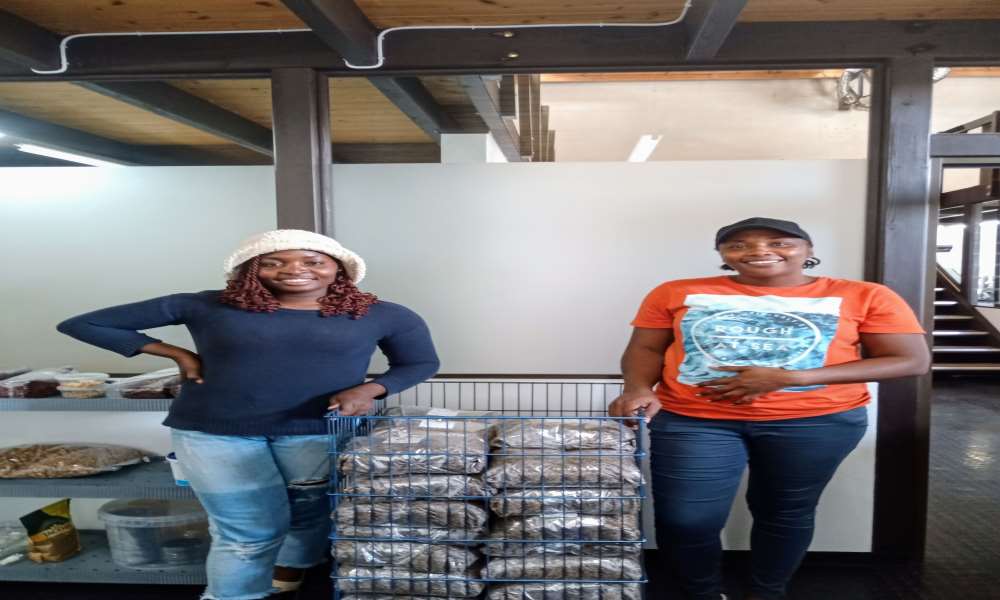
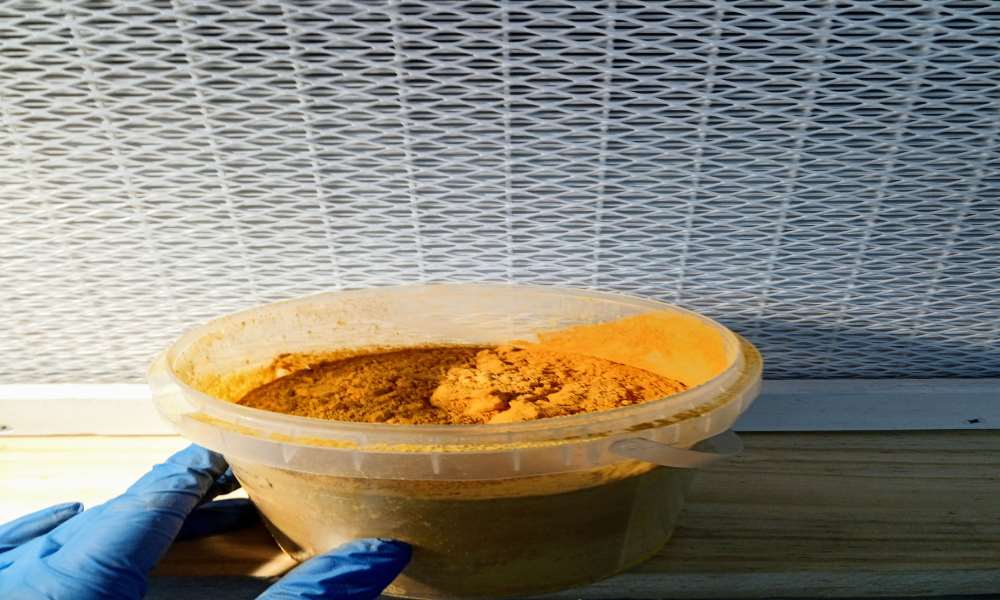
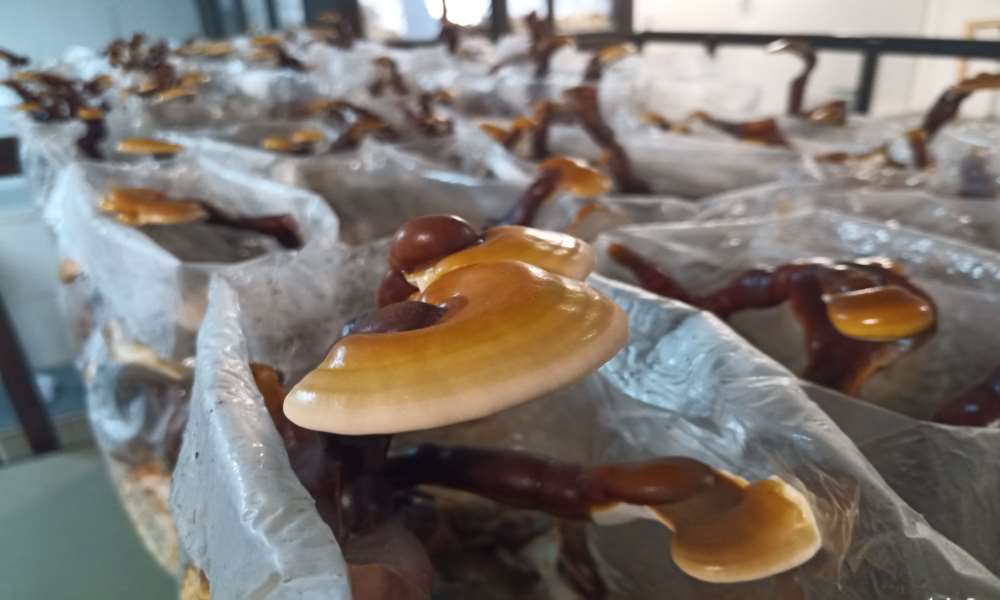
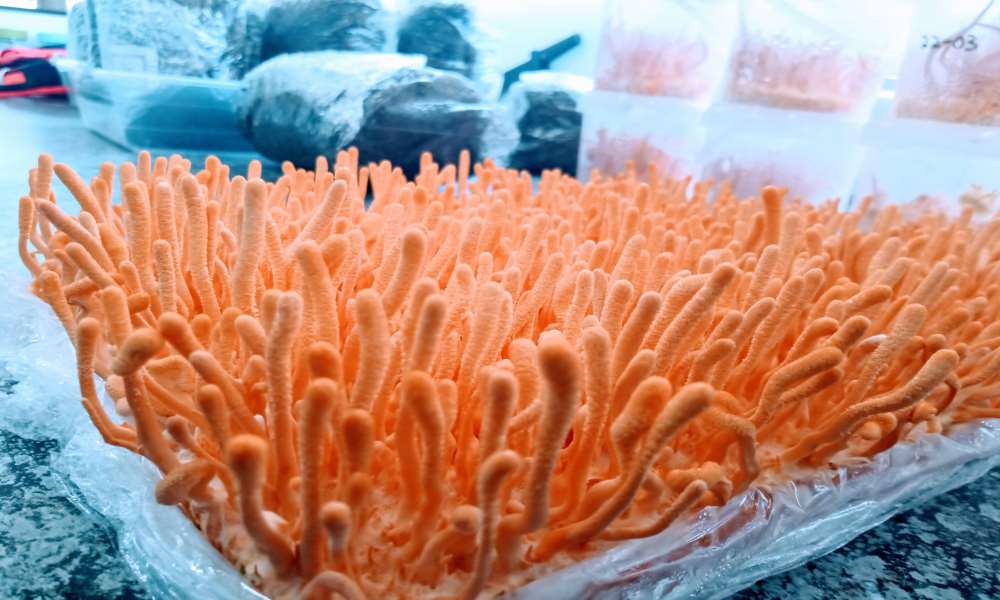
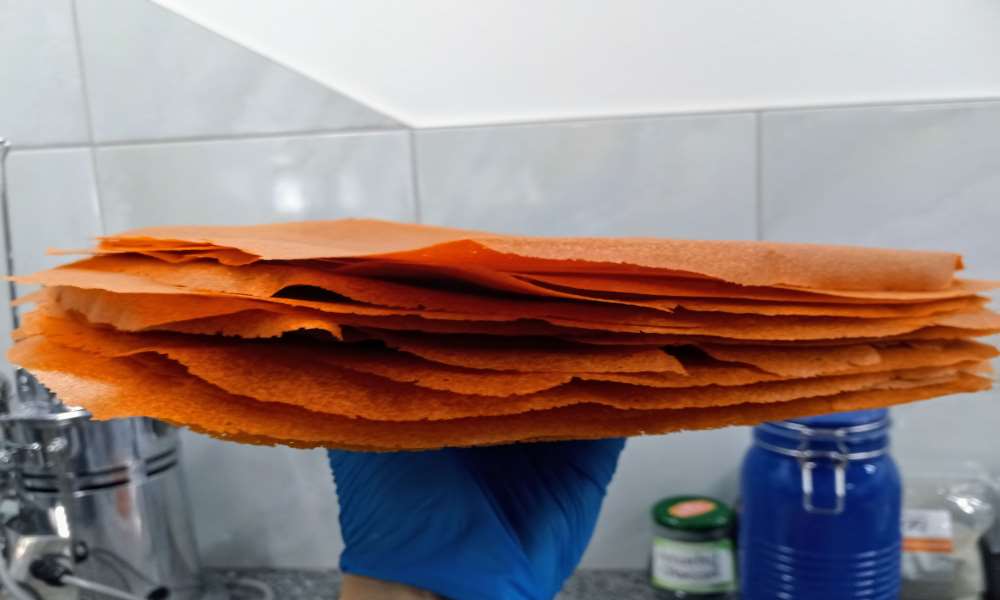
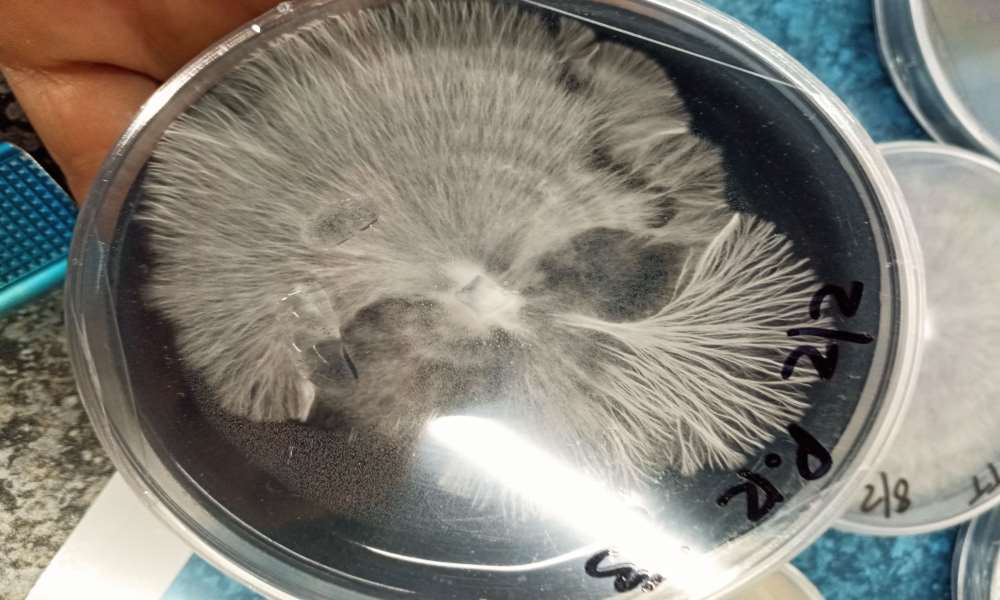
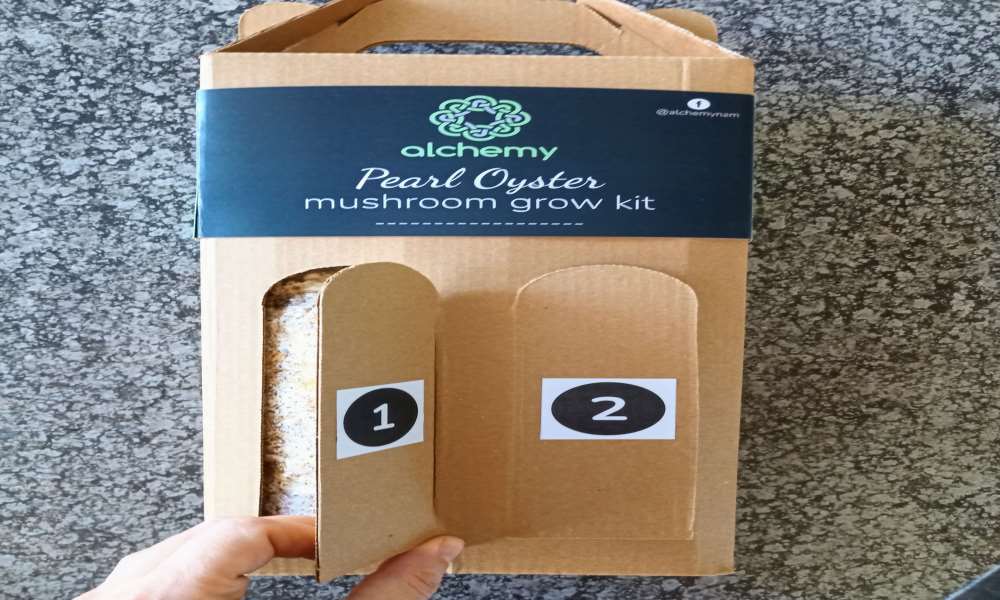
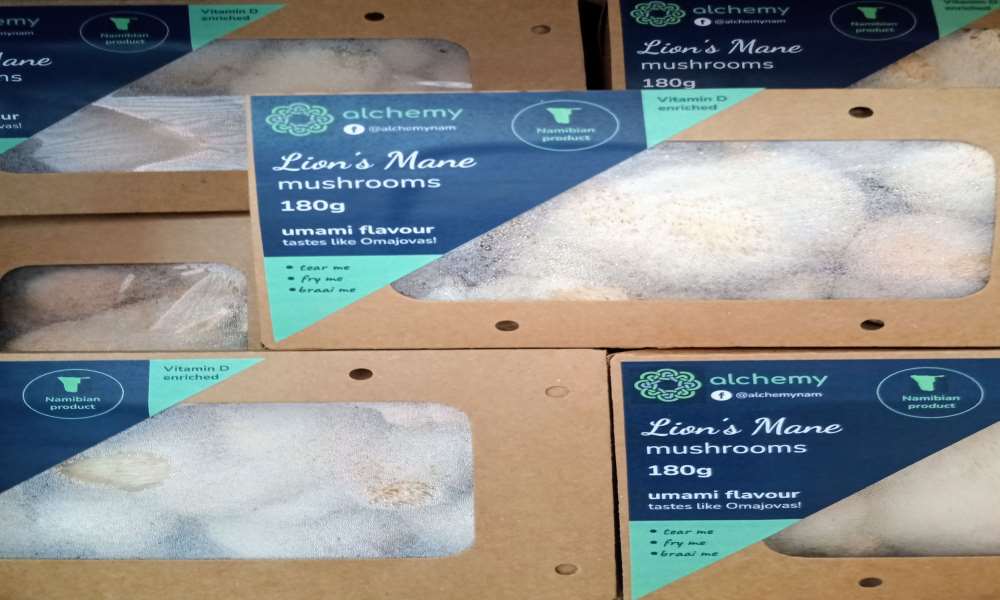
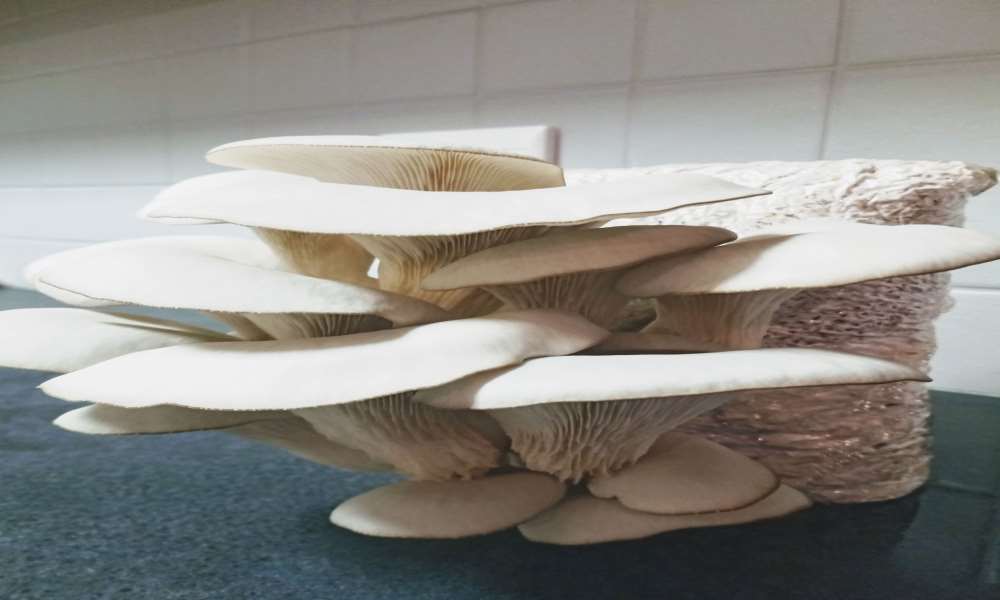
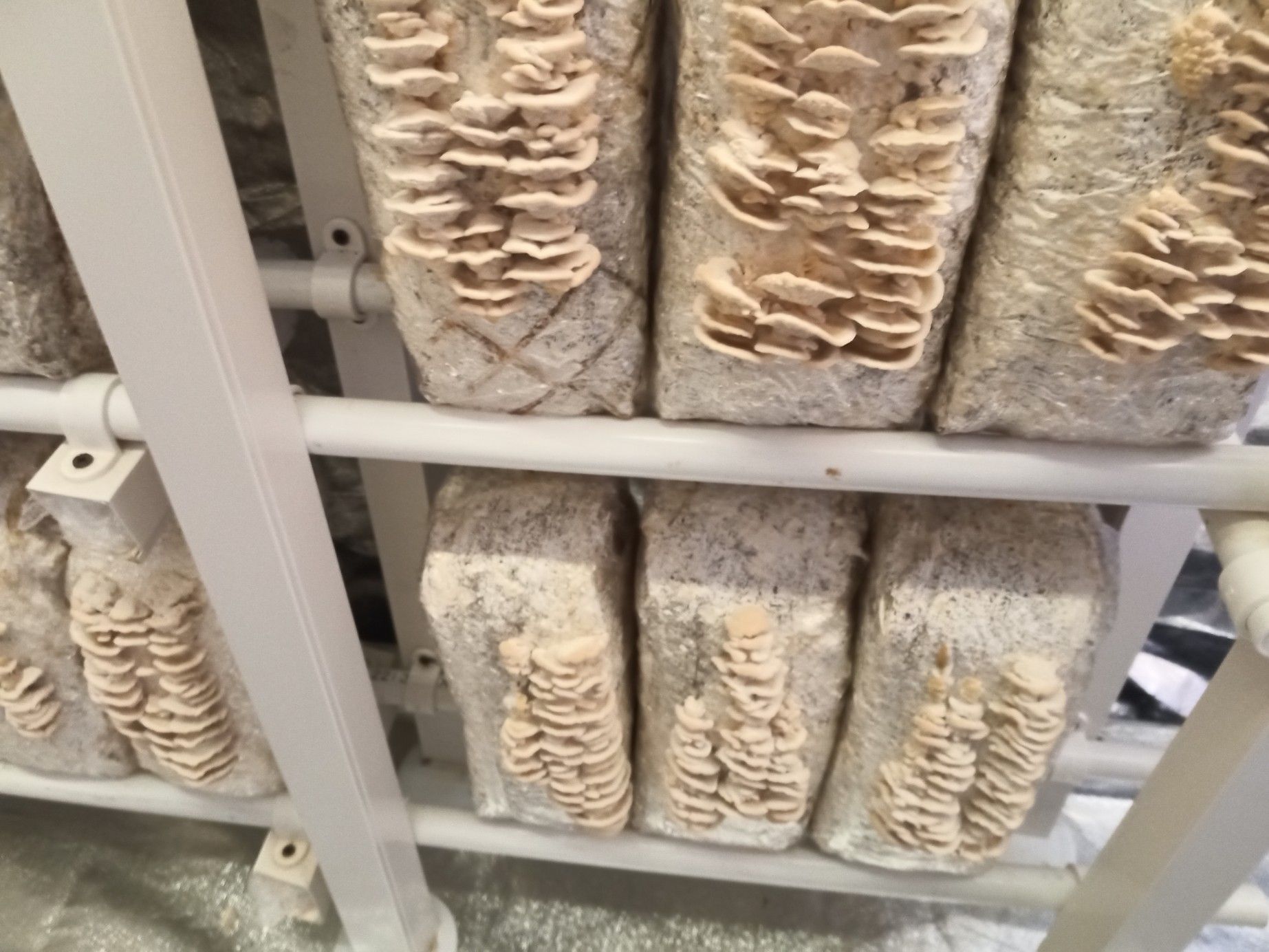
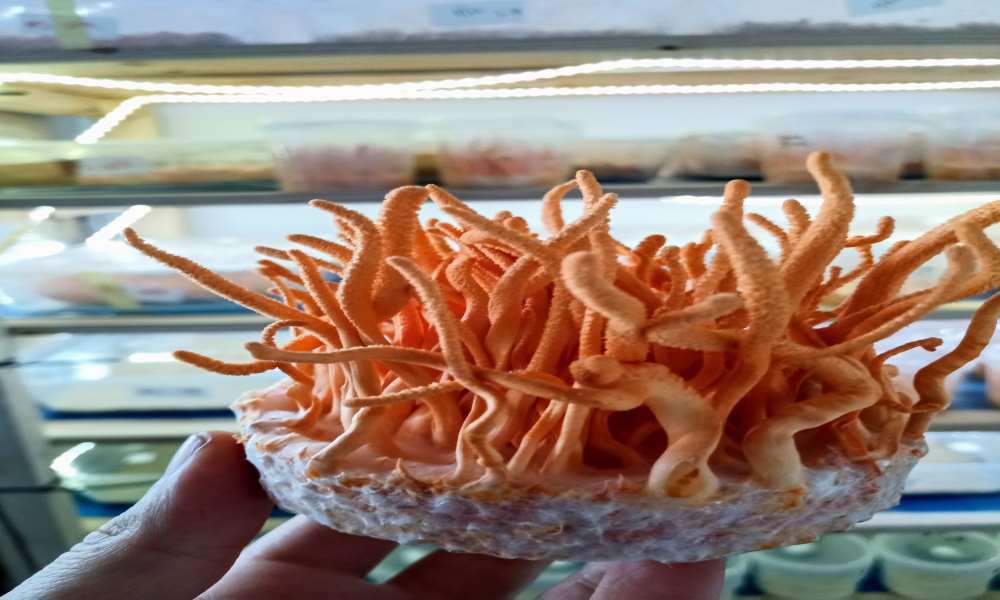
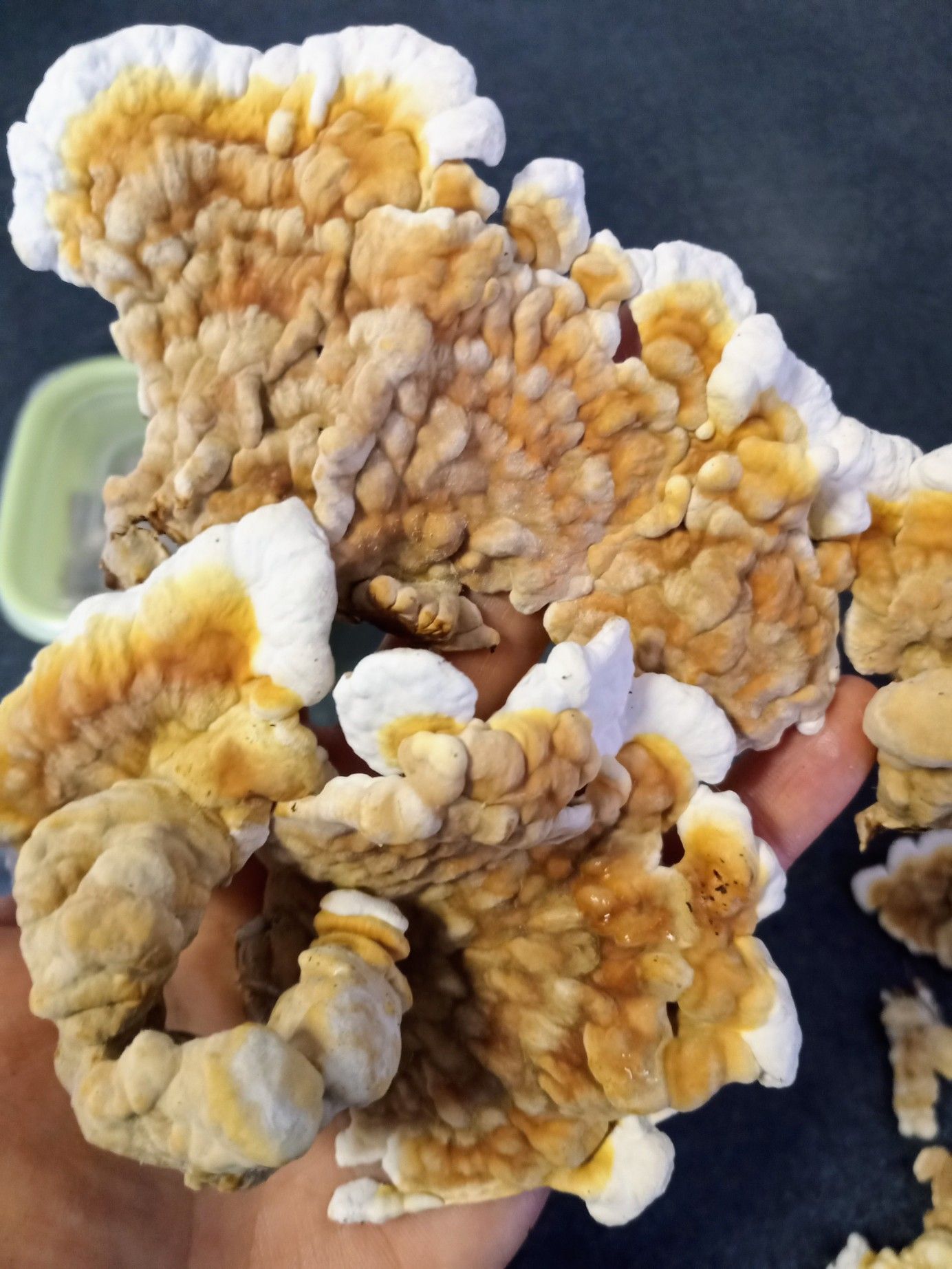
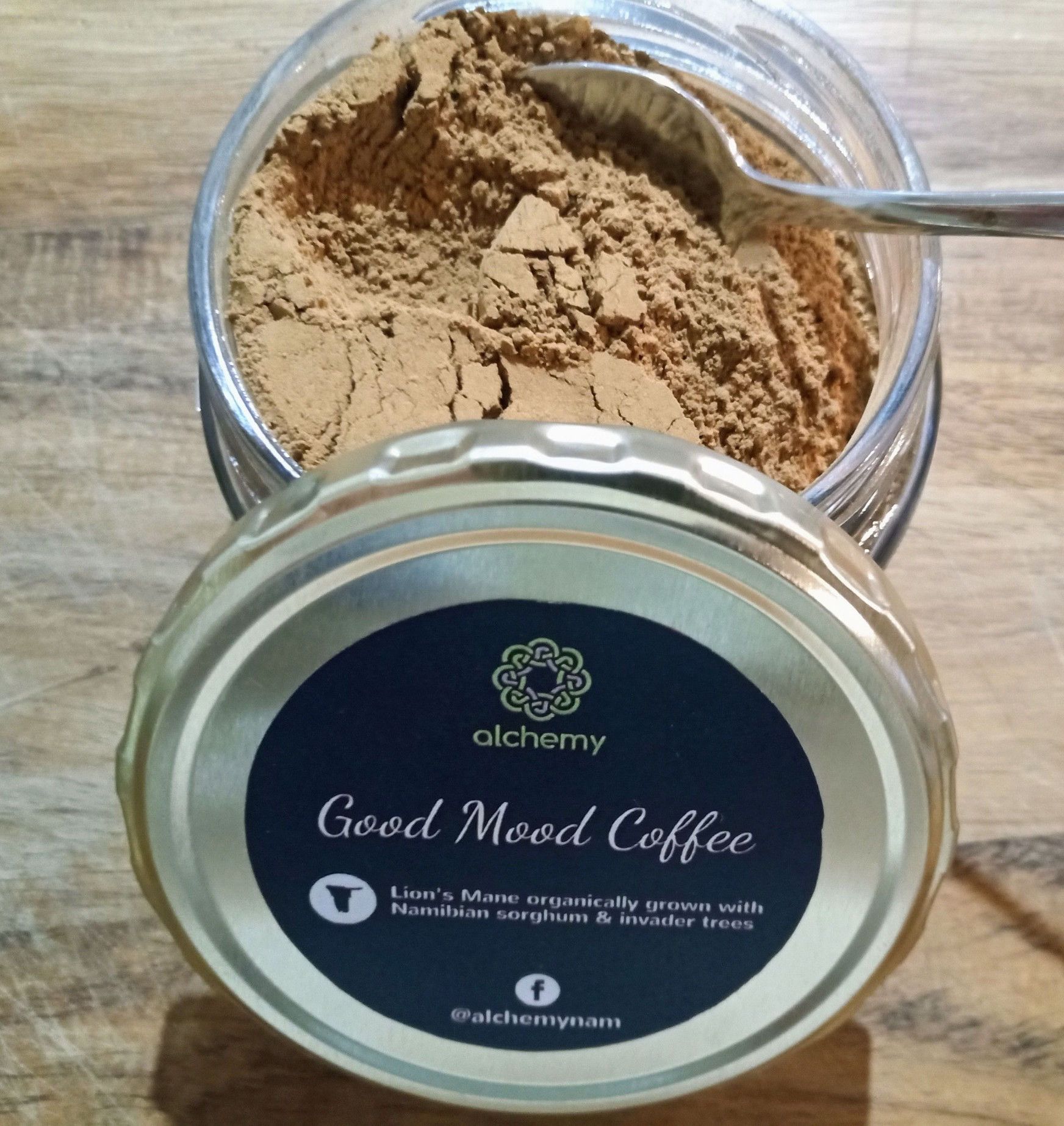
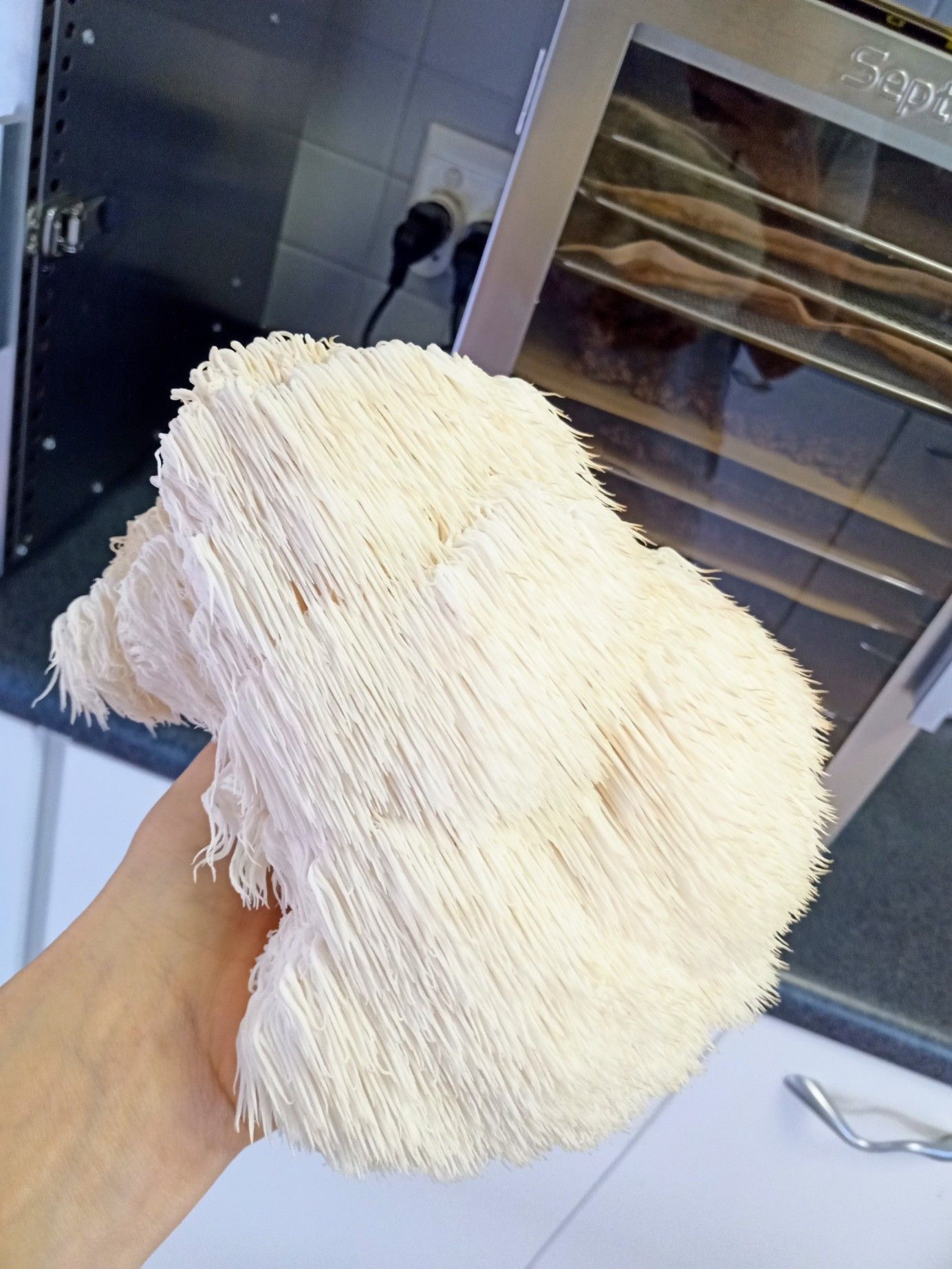
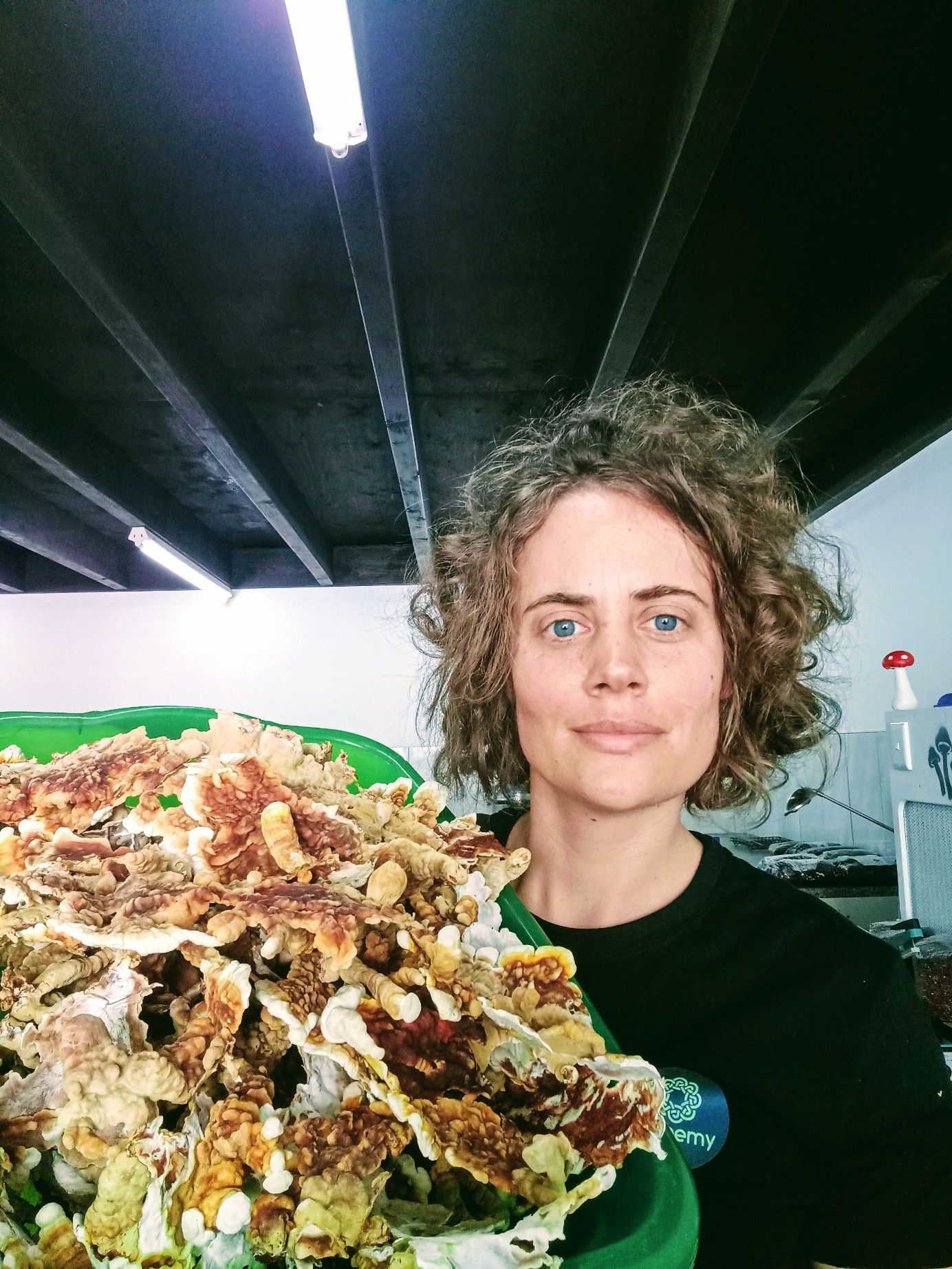
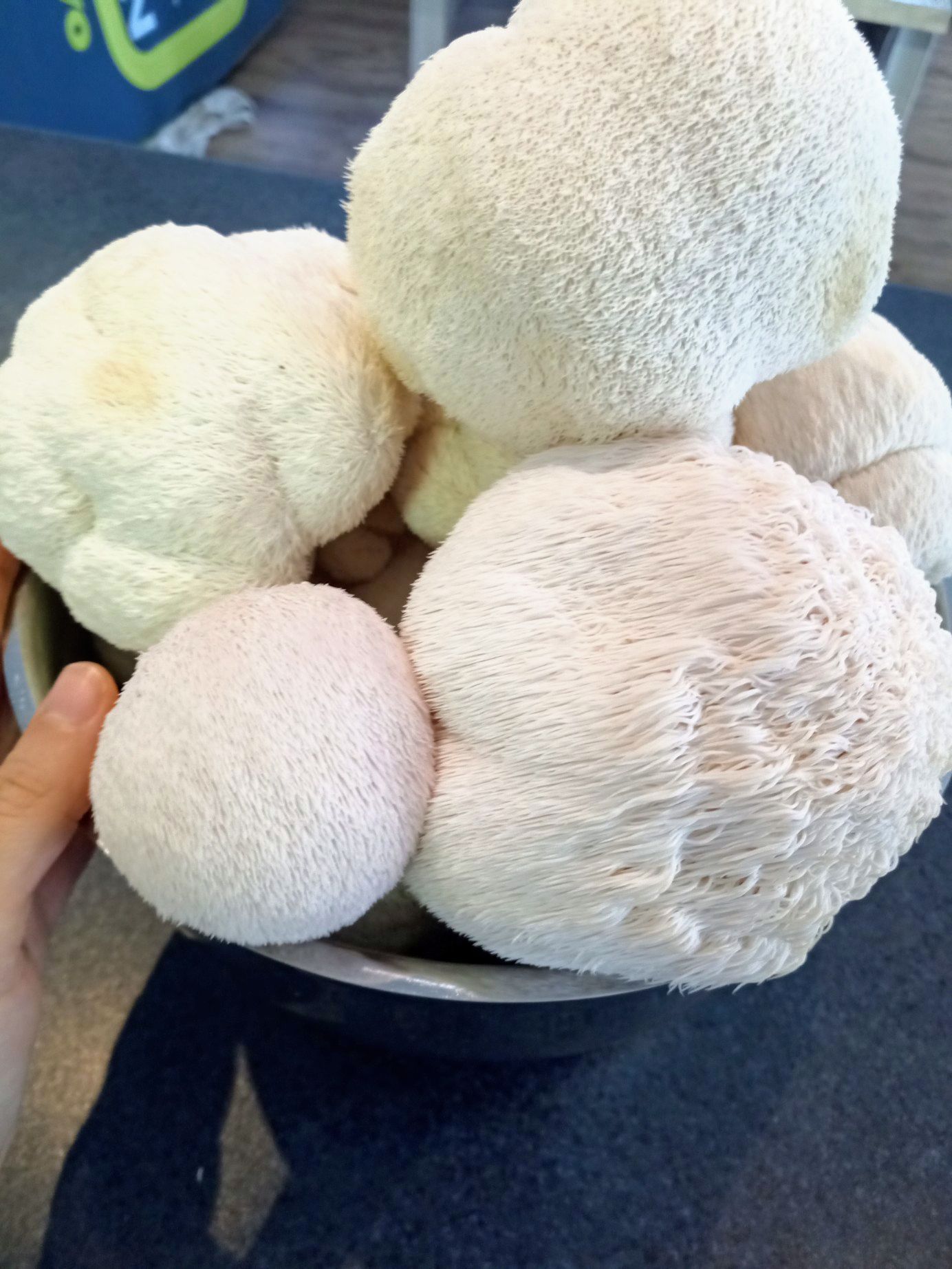
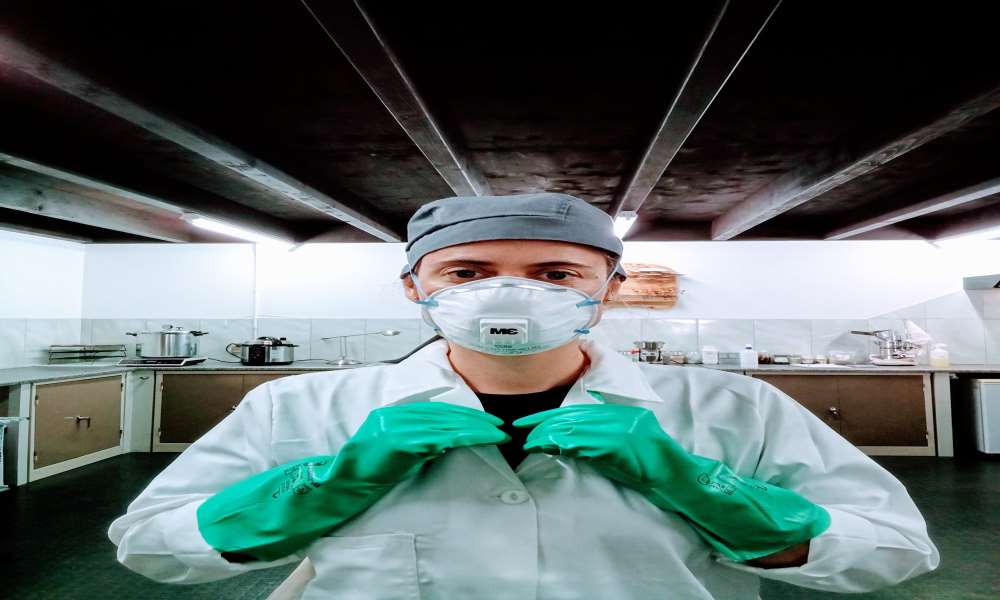
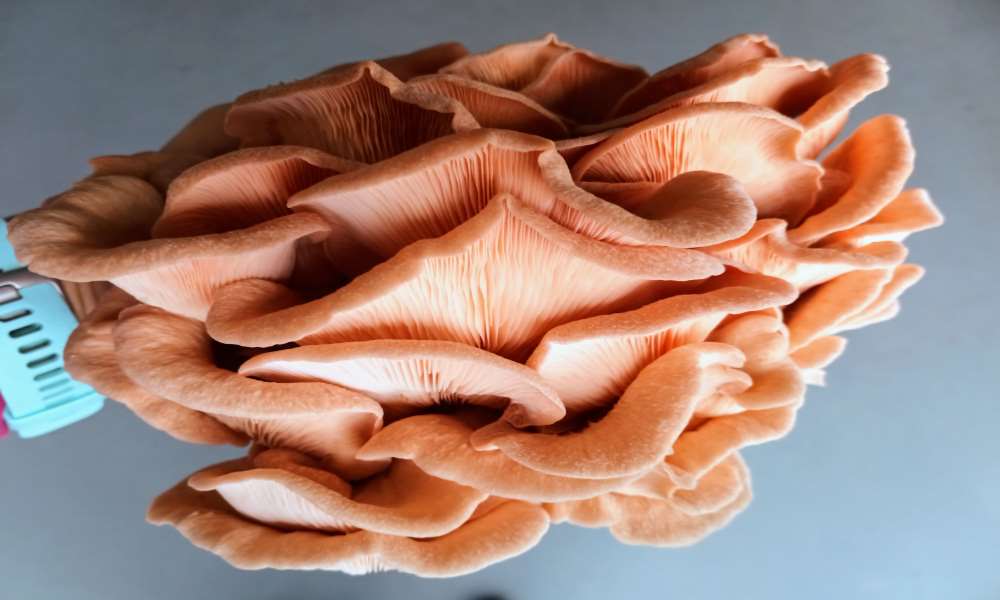

Kommentaar
Republikein
Geen kommentaar is op hierdie artikel gelaat nie